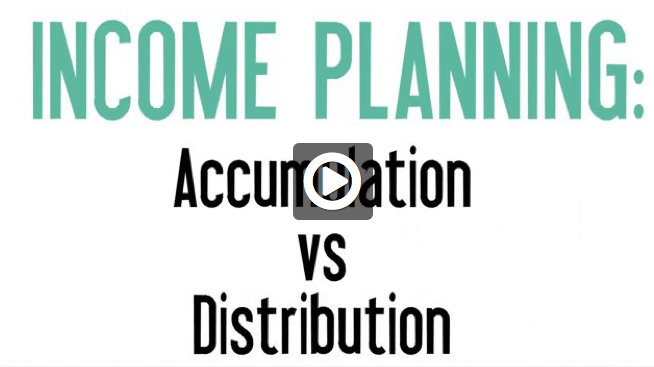When to Suggest a Cash Balance Retirement Plan
Filed under: The Advisor's Blog
 As a CPA, your clients rely on you for financial counsel. With clients who own high net worth professional practices, such as a law firm or medical practice, the retirement plans should be a topic of conversation. Sometimes cash balance plans are the most advantageous solution.
As a CPA, your clients rely on you for financial counsel. With clients who own high net worth professional practices, such as a law firm or medical practice, the retirement plans should be a topic of conversation. Sometimes cash balance plans are the most advantageous solution.
Also known as a hybrid retirement plan, a cash balance retirement plan resembles defined contribution plans in many ways. But cash balance plans allow owner-employees to set aside money for retirement with taxes deferred, but in greater amounts than allowed by traditional plans such as a 401(k). These plans appeal to high net earning businesses such as lawyers and doctors because professionals often get a later start on their retirement savings. They need to make up for lost time, and have the high annual salary required to do so.
As with a pension plan, the point of a cash balance plan is to provide individuals with either a lump sum payout at retirement, or a lifetime annuity. All benefits are maintained in one pooled account, which is managed by the administrator of the plan. But unlike a pension, individuals enrolled in a cash balance plan receive their own yearly statements of the expected payout benefits, like a 401(k).
Traditional pension plans are usually not portable, but individuals enrolled in a cash balance plan can take their accumulated benefits with them when they change jobs. This feature makes the cash balance plan ideal for partnership practices, in which junior partners often separate to start their own practice later in their careers.
A cash balance plan may provide owner-employees with the opportunity to reap significant tax savings. But these plans are not right for every business. For example, the practice will be required to pay into their cash balance plan each year, making this retirement option more suitable for businesses with a steady and dependable cash flow. Urge your clients to undertake a comprehensive retirement planning and business analysis, which will help them determine whether a cash balance retirement plan is right for their practice.
If you have questions or would like to discuss this further, please feel free to contact me.















